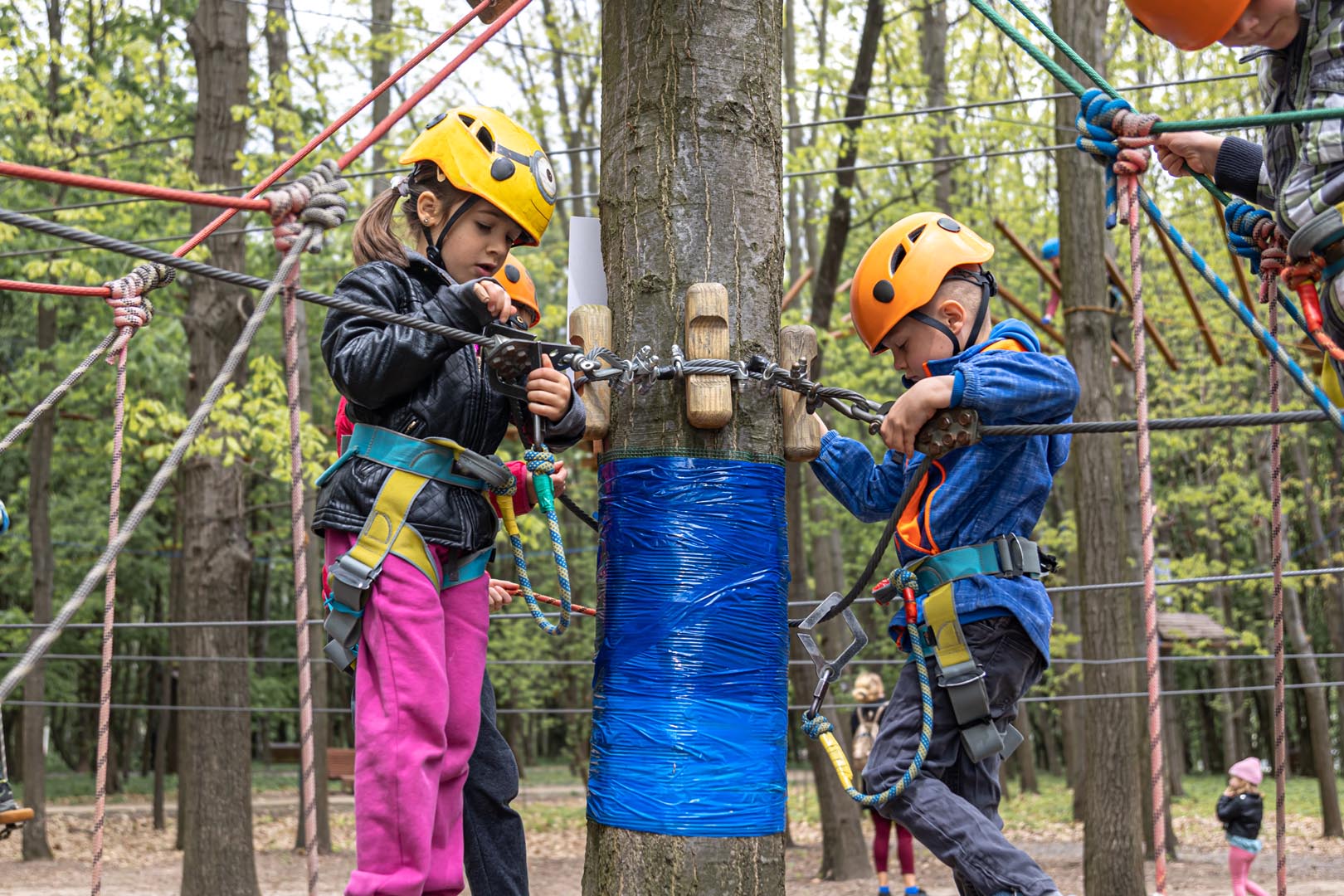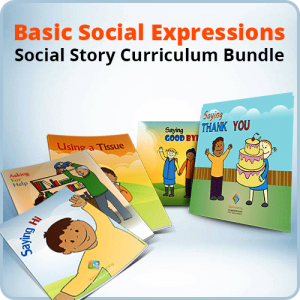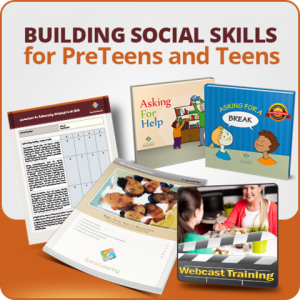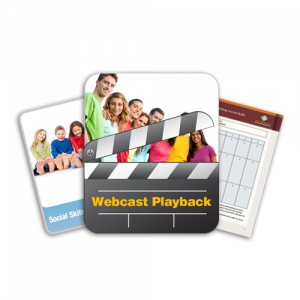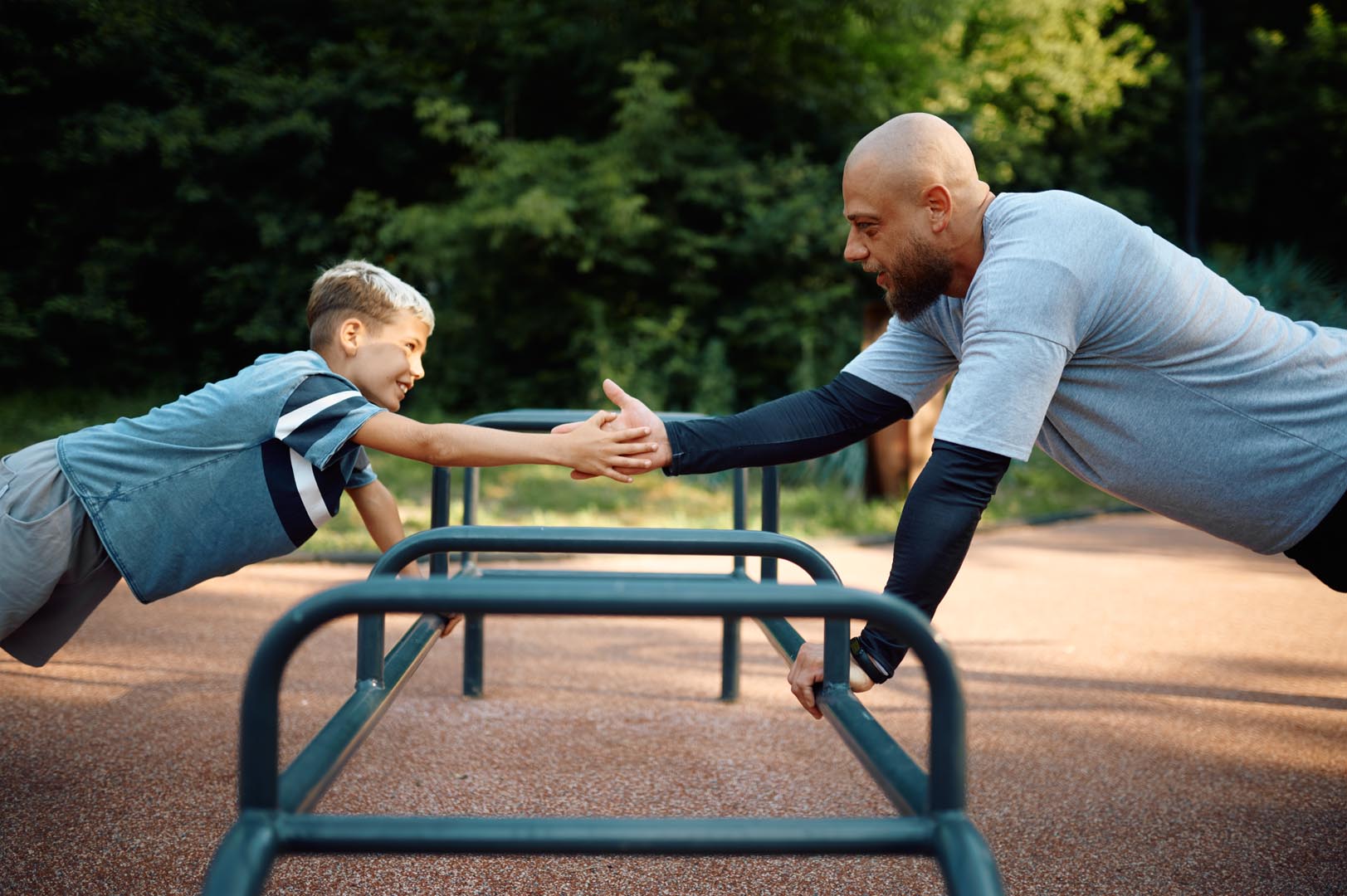Choosing Target Skills
One of the most critical aspects when creating an ABA program is choosing the correct targets. As it may take a person on the autism spectrum hundreds of trials to acquire a single skill, in order to quickly create independence, adaptive or functional skills should always be included in ABA programs.
Adaptive skills – abilities that enable the individual to meet standards of personal independence and responsibility as would be expected of his or her age and social group (Gerhardt, 2017) – should be prioritized as targets before attempting to target non-functional skills.
It is important to remember that you cannot teach all skills at one time. Your learner may be having a challenging behavior related to a lack of independence with a certain skill. In this case, you will know where the priorities lie. If not, here is one way to target adaptive skills. First, think about the typical day of the learner, make a list of some of the functional living skills you are doing for them. Maybe the learner is not completely toilet trained, needs help dressing or undressing or maybe these self-help skills are mastered and the learner is ready to focus on household chores or vocational skills. Your list will likely be fairly long. The next step is to think about 3 questions:
1. Which skills is the learner ready to learn?
When you think about this consider the skills the learner is already able to independently or almost independently complete. Some skills naturally develop before others so we want to make sure that we teach them in the same order.
2. Which skills does the learner want to learn?
Watch closely. The learner may give you some hints to what they are both ready to learn and interested in learning. This could take many forms, the learner may attempt the skill on their own or even ask to learn the skill.
3. Which skills do you want to teach?
By this, we don’t mean which skill did you harbor a desire to teach all of your life. Instead, teach the skill that will most alleviate difficulty or stress. Which skill will allow your learner some dignity and independence? This could be dressing or toileting, or your learner could be a teenager or young adult that needs some independence with money or transportation and needs to learn some community living skills. This is what we are talking about in ABA when we say it is an Applied science. The skills that should be taught need to be socially significant. Which means that they are important to the learner, your family, and/or society. (Baer, Wolf, and Risley 1968)
Copyright © by Special Learning Inc. All right reserved.
No part of this article may be reproduced without written permission. For information, email contact@special-learning.com.
